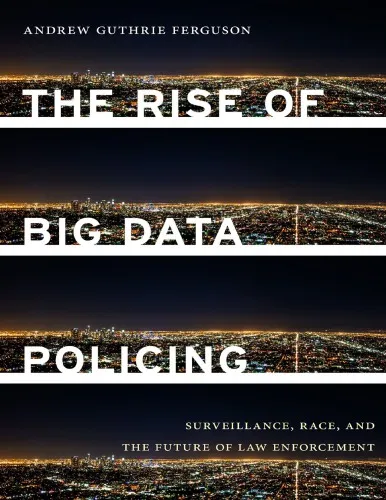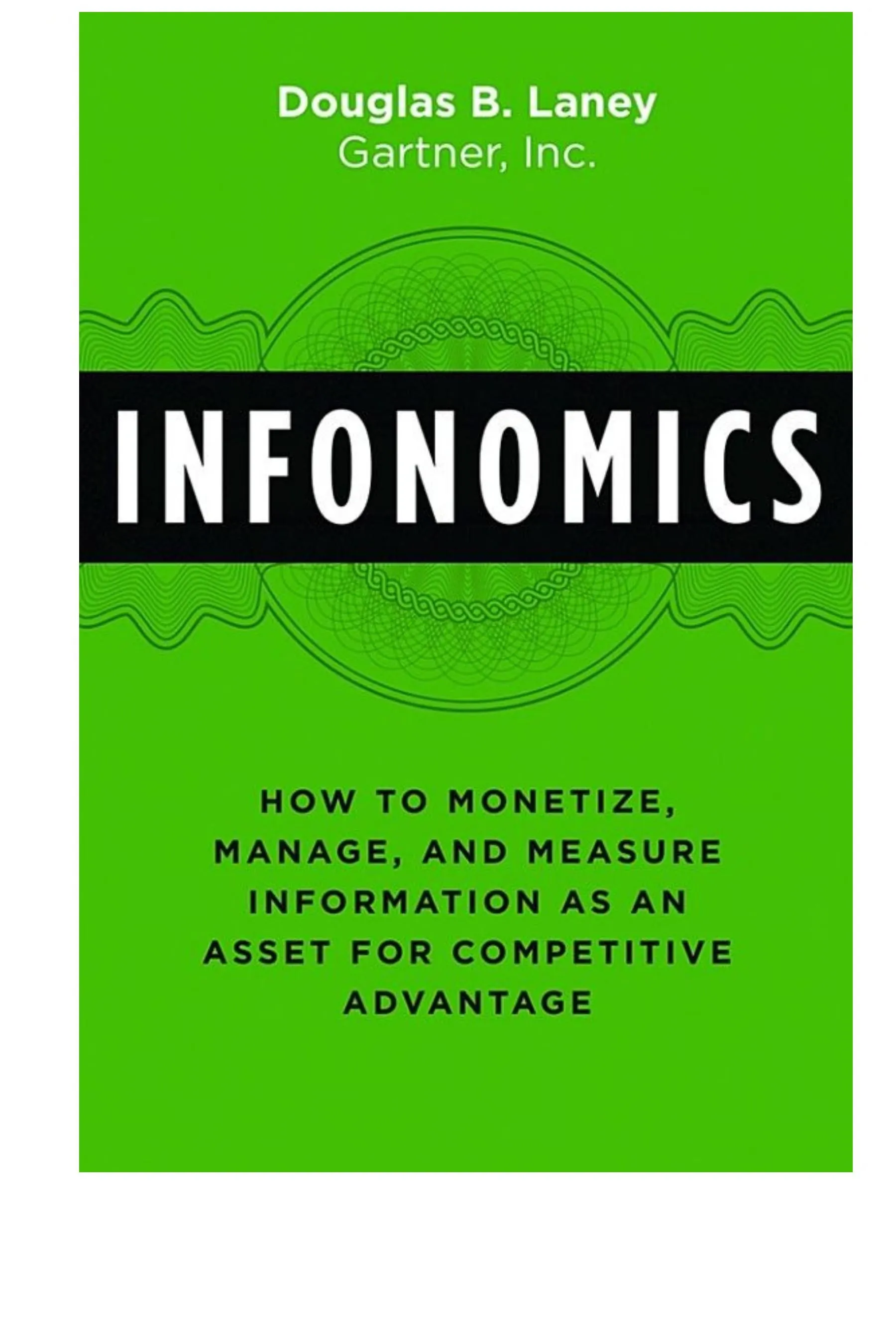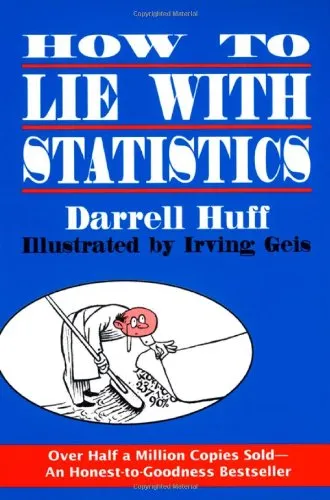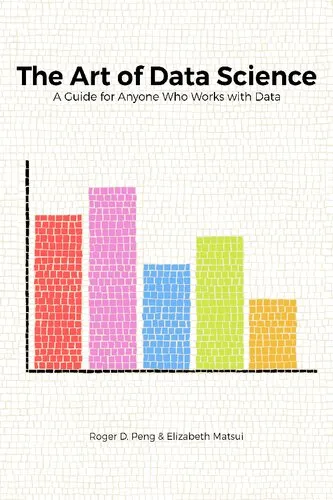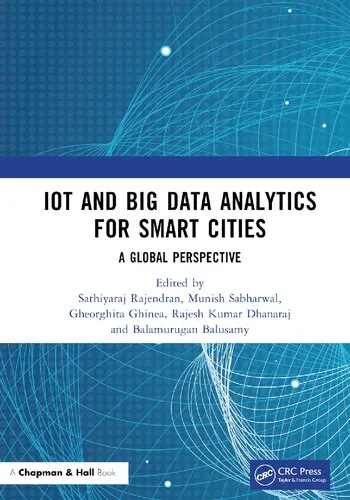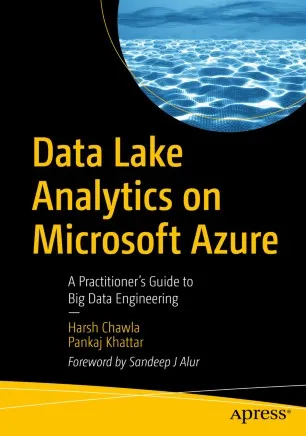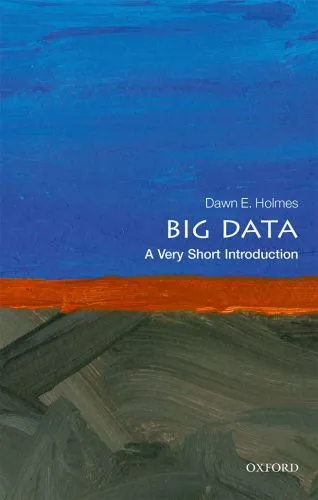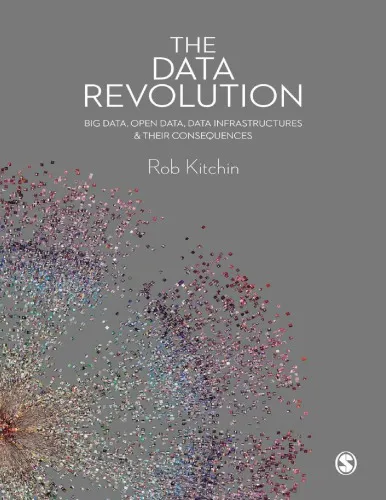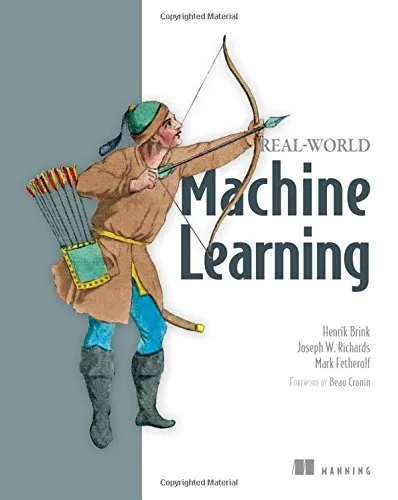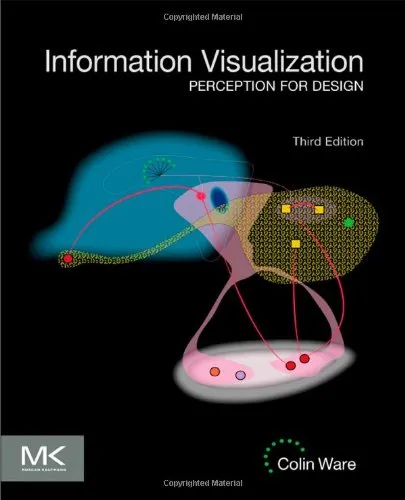The rise of big data policing : surveillance, race, and the future of law enforcement
4.4
Reviews from our users

You Can Ask your questions from this book's AI after Login
Each download or ask from book AI costs 2 points. To earn more free points, please visit the Points Guide Page and complete some valuable actions.Related Refrences:
Introduction to "The Rise of Big Data Policing: Surveillance, Race, and the Future of Law Enforcement"
"The Rise of Big Data Policing" delves into the transformative power of data technologies in reshaping the way law enforcement operates in modern society. Written by Andrew Guthrie Ferguson, this book explores the promises and perilous consequences of applying big data analytics in policing. It navigates key themes such as surveillance, racial bias, privacy, and the ethical dilemmas raised by these sophisticated systems.
As cutting-edge data technologies like algorithms, predictive policing, and surveillance tools become increasingly central to law enforcement efforts, this book lays out a reality where our collective behavior is continuously monitored and evaluated for risk. Ferguson takes readers on a journey to understand both the capabilities and limitations of these emerging technologies while grappling with their unsettling social effects—particularly in marginalized communities.
By blending real-world case studies with thoughtful analysis, Ferguson not only critiques the flaws in these systems but also sheds light on their potential to strengthen law enforcement practices if used thoughtfully. Let’s break down the essence of this thought-provoking work and its relevance in today’s digital age.
Detailed Summary of the Book
In "The Rise of Big Data Policing," Ferguson uncovers how technological advancements are redefining law enforcement. The narrative starts with an explanation of big data—massive volumes of information generated from social media, smartphones, surveillance cameras, and other digital sources—and its incorporation into predictive policing systems.
Ferguson analyzes how these systems aim to predict criminal activity by crunching huge datasets to identify patterns, forecast areas with high crime risks, and even flag individuals considered likely to commit crimes. While these tools promise efficiency and crime prevention, they raise significant questions about accuracy, accountability, and fairness.
The author doesn’t shy away from addressing the racial dimension of big data policing. Ferguson critiques how surveillance technologies often disproportionately target Black and Brown communities, reinforcing existing biases under the guise of scientific objectivity. He also explores the historical context of mistrust between law enforcement and minority communities, perpetuated by discriminatory practices that are now being amplified in the digital age.
Additionally, the book examines the ethical and constitutional challenges of integrating surveillance and big data into policing. Privacy rights, due process, and the potential for abuse of power are themes Ferguson returns to repeatedly, urging readers to consider how these concerns impact democratic freedoms. Yet, the book remains balanced by showcasing how data analytics, when used responsibly, can also improve public safety, allocate law enforcement resources more effectively, and enhance accountability within police forces.
Key Takeaways
- Big data technologies are already shaping the future of law enforcement, for better or worse.
- Predictive policing tools and surveillance systems often replicate—and sometimes exacerbate—existing racial biases.
- The application of big data in policing raises severe privacy, ethical, and constitutional concerns.
- If designed and implemented ethically, big data tools can enhance transparency and justice in policing.
- Citizens and policymakers must actively question how these technologies are being deployed to ensure they serve the public good without undermining individual liberties.
Famous Quotes from the Book
"Big data has promised to solve the messy and often subjective decision-making of policing, but in doing so, it has transformed the concept of public safety into a statistical exercise."
"As predictive technologies enter the world of policing, they bring with them the potential to amplify inequities and perpetuate a cycle of mistrust, particularly in communities of color."
"Policing in the twenty-first century is increasingly about data—who controls it, how it is used, and, perhaps most importantly, who gets policed because of it."
Why This Book Matters
"The Rise of Big Data Policing" stands as a critical work for anyone concerned about the intersection of technology, justice, and civil rights in the digital age. With law enforcement rapidly integrating advanced analytics and surveillance techniques into daily practices, Ferguson's insights hold vital relevance for policymakers, activists, and ordinary citizens alike.
As society grapples with calls for police reform and debates about how technologies like artificial intelligence should be regulated, this book offers a measured yet urgent voice. It challenges readers to question the unchecked growth of surveillance systems while advocating for a larger conversation about fairness, accountability, and humanity in policing. In a world increasingly driven by data, books like this are essential for understanding the risks—and opportunities—of technological transformation.
Free Direct Download
You Can Download this book after Login
Accessing books through legal platforms and public libraries not only supports the rights of authors and publishers but also contributes to the sustainability of reading culture. Before downloading, please take a moment to consider these options.
Find this book on other platforms:
WorldCat helps you find books in libraries worldwide.
See ratings, reviews, and discussions on Goodreads.
Find and buy rare or used books on AbeBooks.
1422
بازدید4.4
امتیاز0
نظر98%
رضایتReviews:
4.4
Based on 0 users review
Questions & Answers
Ask questions about this book or help others by answering
No questions yet. Be the first to ask!
